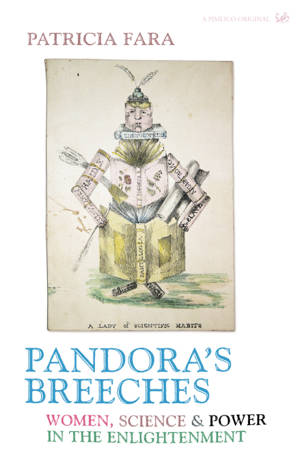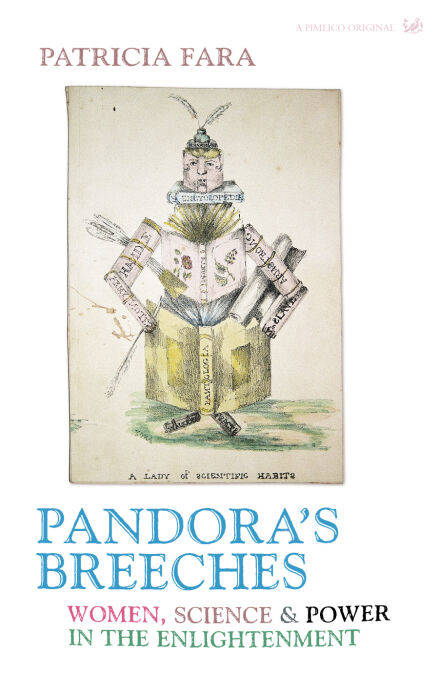
- Retrait gratuit dans votre magasin Club
- 7.000.000 titres dans notre catalogue
- Payer en toute sécurité
- Toujours un magasin près de chez vous
- Retrait gratuit dans votre magasin Club
- 7.000.0000 titres dans notre catalogue
- Payer en toute sécurité
- Toujours un magasin près de chez vous
Pandora's Breeches EBOOK
Women, Science and Power in the Enlightenment
Patricia FaraDescription
'Had God intended Women merely as a finer sort of cattle, he would not have made them reasonable.' Writing in 1673, Bathsua Makin was one of the first women to insist that girls should receive a scientific education. Despite the efforts of Makin and her successors, women were excluded from universities until the end of the nineteenth century, yet they found other ways to participate in scientific projects.
Taking a fresh look at history, Pandora's Breeches investigates how women contributed to scientific progress. As well as collaborating in home-based research, women corresponded with internationally-renowned scholars, hired tutors, published their own books and translated and simplified important texts, such as Newton's book on gravity. They played essential roles in work frequently attributed solely to their husbands, fathers or friends.
Spécifications
Parties prenantes
- Auteur(s) :
- Editeur:
Contenu
- Langue:
- Anglais
Caractéristiques
- EAN:
- 9781446435168
- Date de parution :
- 17-01-11
- Format:
- Ebook
- Protection digitale:
- Adobe DRM
- Format numérique:
- ePub

Les avis
Nous publions uniquement les avis qui respectent les conditions requises. Consultez nos conditions pour les avis.






